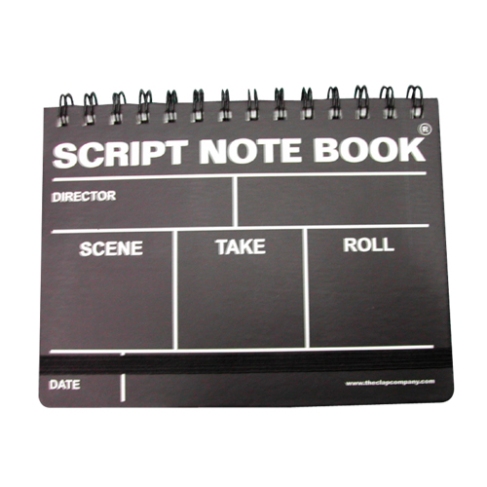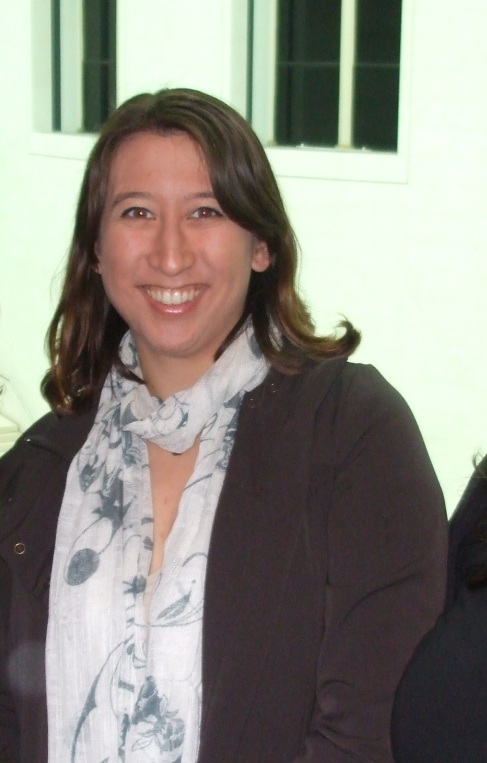It’s job application season again! And along with application letters and CVs comes the dreaded teaching statement. Many people struggle with these things and here’s why: there are never any instructions regarding what it should look like; we’re used to focusing primarily on our research as opposed to the issues surrounding teaching and pedagogy; and, it’s unclear how to make such a document stand out from the hundreds of other letters that also make claims about passionate teaching. Add to this the general fatigue caused by application season – not to mention the burning desire to write “just give me the f@&!ing job – and it’s pretty easy to see why people get frustrated.
There’s already lots of great advice online about how to write a teaching statement, and I’ve attached a few links at the bottom. But here’s my own take on how to get it done as well.
1. It should be short.
My regular readers will know by now that my general mantra is that shorter is better. No matter who your audience is, they’re more likely to read to the end if you’ve written a memo and not a tome. This is especially important when writing anything related to job (or grant) applications. Committees are wading through 150+ applications, and while you might think that thorough is better, the people reading your stuff are more likely to be wooed by something that is short and sweet.
For a teaching statement, you want to be in the area of 1-2 pages, single spaced. Some people are adamant that you must keep it to a single page, but I don’t think that’s it’s a deal breaker if you go onto page 2. I think the real trick is never to fill up the entire second page, and I always stop somewhere between the 1.25 and 1.5 page mark.
2. It should be rooted in your discipline.
I’m a historian, so I always start by explaining why it is that I’m so passionate about that particular discipline. Currently, my opening line is “History is unique as a discipline because it includes something for everyone, from stories of intrigue and adventure, to philosophical and methodological inquiries into how we, as intellectuals, tell those stories.”
You don’t necessarily need something as generic as this, but you do need to be attuned to the particular questions and methodologies of your discipline. You need to know what, exactly, is different about your subject before you can explain how you teach it. Are you working in a field dominated by qualitative research, quantitative research, or one that is evenly split? Who or what are the objects of inquiry, and what types of methods or theories govern your research? Once you’ve sorted all this out, write a teaching statement that responds to the concerns of your discipline. Teaching sociology is going to be fundamentally different from teaching art history, and vice-versa, and your letter should reflect this.
3. It should be written like an essay.
Always remember that, like your application letter, your teaching statement is a writing sample. As such, it should be written like a mini essay. You need an introduction, a main argument, evidence to support your claims, and a concluding statement. If you don’t have all of these things, start again.
Many of the teaching statements that I have edited for friends are either too abstract, or they are directionless and dominated by particular examples. When the problem is abstraction, the text will talk about broad pedagogical imperatives without ever giving an example of how these ideals are implemented in the classroom. This gives the impression that the applicant is all talk and no action. If it’s the latter problem, and the teaching statement is dominated by examples, it looks like the applicant is groping around in the dark – as if he or she is doing a lot, but doesn’t really know why they are doing any of it.
If you think of the teaching statement like an essay, you will avoid both potential pitfalls. You will remember to state your thesis (a description of what principles inform your pedagogy), and then you will provide evidence to prove your thesis (examples of how you implement these principles on the ground). And since we all know how to write essays, this will help get your head in the right place.
4. It should include the right examples.
Ok, so now you know that you need to include evidence of your brilliance in the classroom, but which examples do you choose? It’s not necessarily bad to mention that you tick all the right boxes – that you use power point, integrate small group discussions, etc.. But this should be done in passing. What you really want to highlight is anything unique that you do, and that your peers do not. Maybe you take your seminar-sized classes to museums, or you somehow integrate interactive activities into large lectures. These are the kinds of things that you really want to flag. Some professors have students perform plays, or do discipline-specific workshops that prepare their students for research. Whatever it is, explain how incredibly cool it is in and of itself, and then link it back to the pedagogical principles that govern everything you do.
5. It should address your approach to teaching a variety of classes: large, small, undergraduate, and graduate.
This is the thing I screwed up when I first started writing teaching statements. I intuitively knew that I needed to talk about large versus small classrooms, but I completely ignored the issue of undergraduate versus graduate teaching. And some of the jobs I was applying for specifically stipulated that I would be teaching graduate courses as well.
Therefore, if you are applying for a liberal arts gig, it’s fine to talk generally about what you do in the classroom – although you still need to explain what you teach in 1st year versus 4th year. This is because, for the most part, your classes will be small to medium size and they will all be aimed at undergraduates. However, if you’re applying to a larger school/research institution, you need to remember to address the issue of how you will handle classes of vastly different sizes and those at the graduate level.
6. Explain how this relates back to your research
When you’re doing all of this, try to remember to also link it back to your research. Personally, what I find liberating about teaching is that it allows me to expand beyond the confines of my usual subject matter and methodologies and experiment with new material. But that doesn’t mean it’s totally removed from my own work. In all likelihood, similar questions inform your work in both venues. Make sure you tell your reader what these are and how this works. Teaching and research often seem separate, but they’re both coming out of the same place: you.
That’s really all I have to say, but as promised, here are a few links to other sites that offer guidance. And, as always, please add your own 2 cents in the comments below!
Princeton’s version of how to write a teaching statement:
http://www.princeton.edu/mcgraw/library/for-grad-students/teaching-statement/
Columbia:
http://www.columbia.edu/cu/tat/pdfs/teaching%20statement.pdf
The Professor Is In:
http://theprofessorisin.com/2011/09/16/thedreadedteachingstatement/






